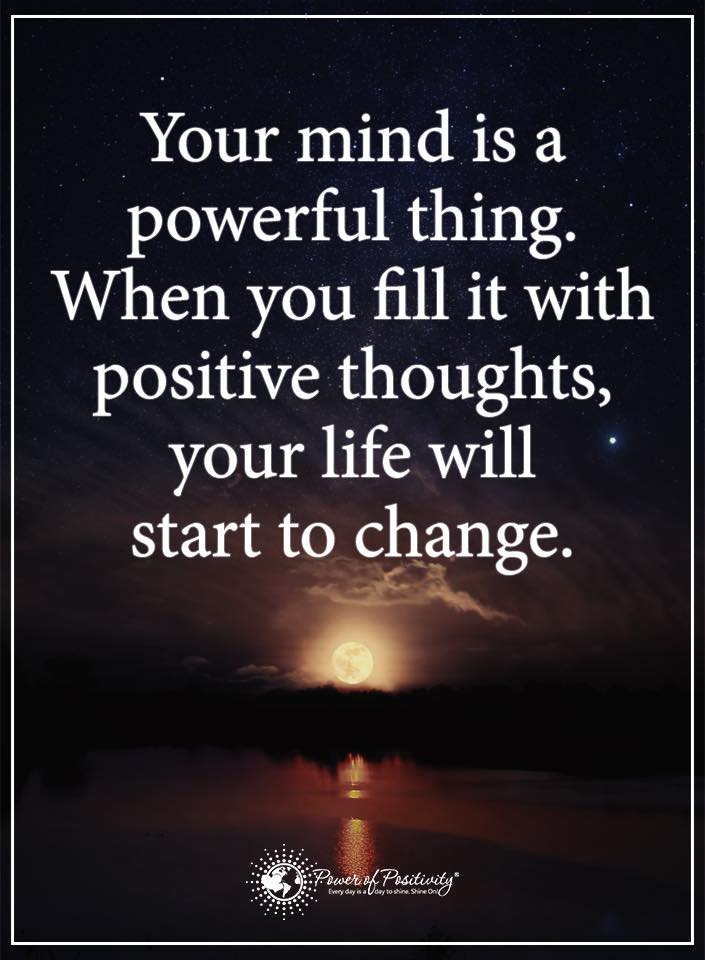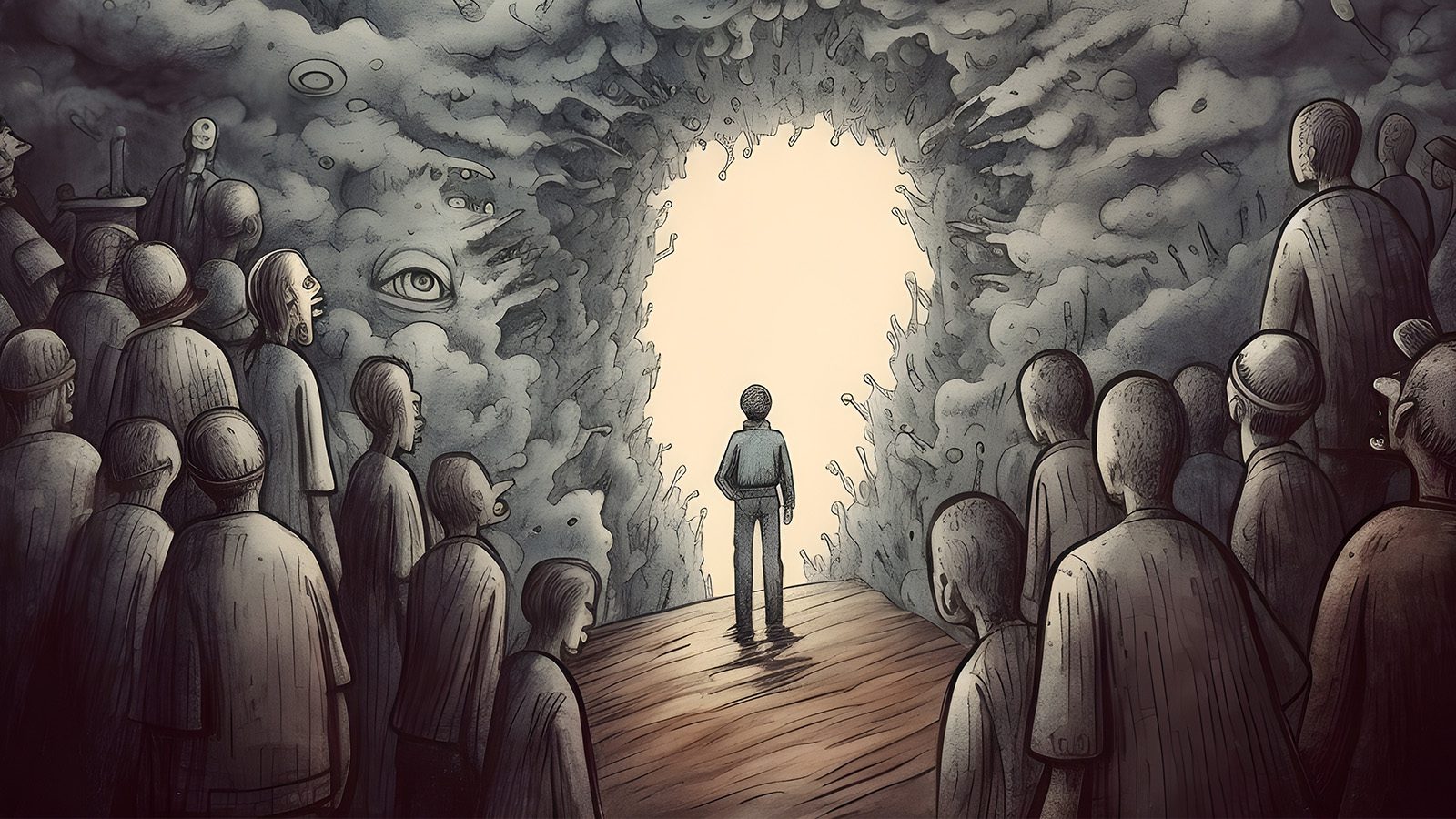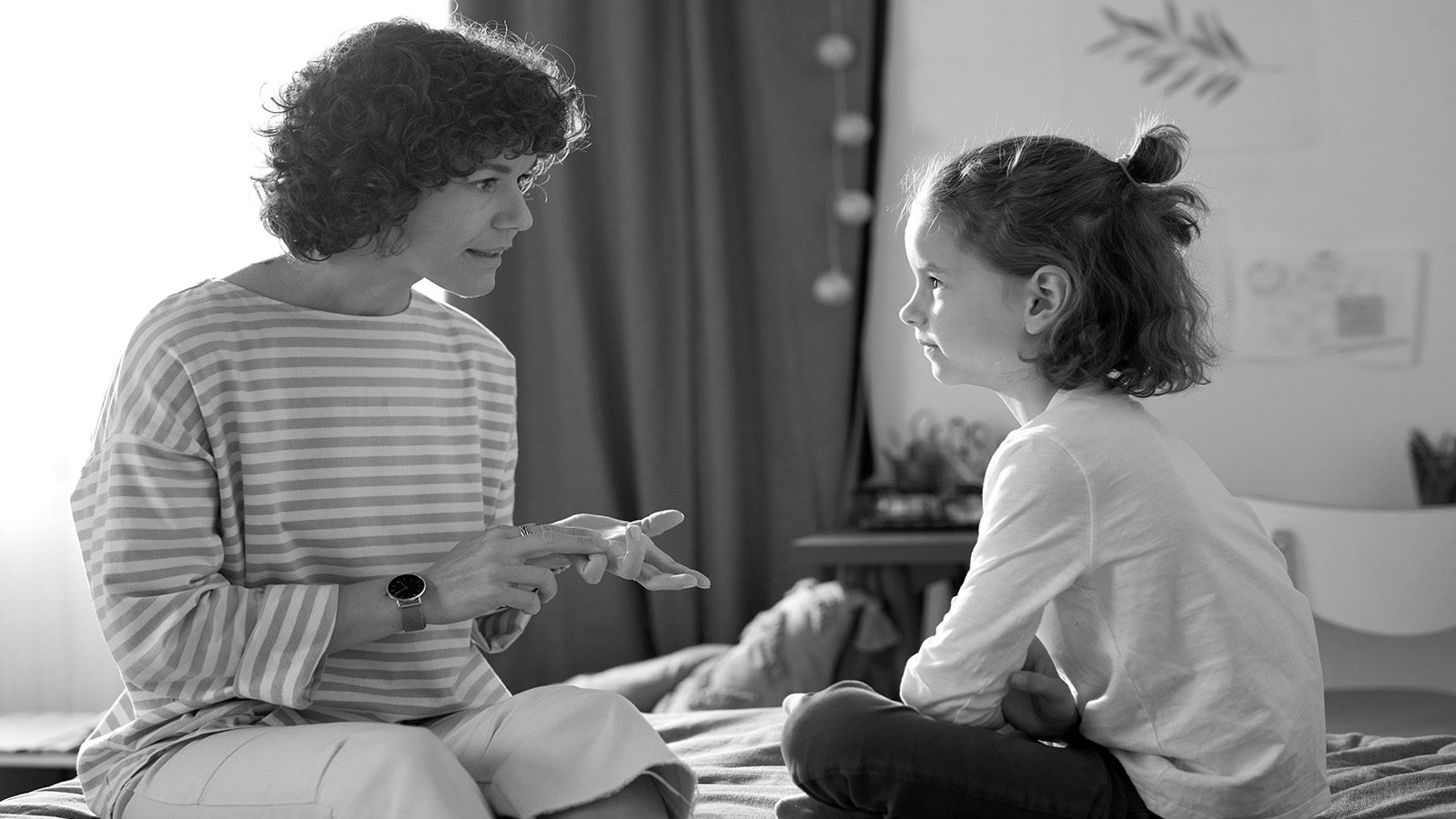We all strive to have a healthy, happy relationship, but did you know the key to having just that lies mostly in your own mindset? Many of us would like to think that our partner’s behavior and actions solely determine our happiness in a relationship, but we also play a part in that partnership’s health. We will likely bring that into our relationships if we have a negative attitude about life and ourselves. If we have a closed mind, we won’t have the willingness to change and compromise if we need to.
Our mindset determines essentially everything else because our mind creates our reality. What we think, we become. So, just like a healthy mindset allows you to make strong friendships and create the life you want, it also brings healthy romantic relationships into your life. We will explain below why a good mindset is critical in relationships.
Your Mindset Is Critical In The Success of Your Relationship. Here’s Why…
The healthiest relationships are comprised of two whole, healthy, happy people who just want the best for themselves and their partners. A lot of the discord and problems in relationships happen when two broken people come together and expect the relationship to fix them. They have a negative mindset but expect that being in a relationship will somehow transform them into a positive person. Sadly, it just doesn’t work like that.
If you want a successful relationship, your mindset plays a key role. In fact, Stanford psychologist Carol Dweck studies fixed and growth mindsets extensively and how that plays into relationships. First of all, what are fixed and growth mindsets?
She explains the difference:
“In a fixed mindset, people believe their basic qualities, like intelligence or talent, are simply fixed traits. They spend their time documenting their intelligence or talent instead of developing them. They also believe that talent alone creates success—without effort. They’re wrong.
In a growth mindset, people believe their most basic abilities can be developed through dedication and hard work—brains and talent are just the starting point. This view creates a love of learning and resilience that is essential for great accomplishment. Virtually all great people have had these qualities.”
So, in a growth mindset, you have a person who wants to become better, achieve more, and put in the effort and dedication required to reach their goals.
This can be applied to relationships, jobs, intelligence, etc. These people believe they can do better and don’t wish to remain stagnant. Those with fixed mindsets believe they can’t change, so they don’t try.
Why does this apply to relationships, you ask?
Well, think about it. If two people have a fixed mindset, meaning they don’t think they can develop any of their qualities, they will become complacent. They will accept mediocrity and not push one another to become better. They will suffer from low self-esteem. As a result, they will fall into the mentality that they have reached their peak. They don’t want to work on themselves, so how can they work on an entire relationship?
When interviewed on a podcast, Carol stated, “When people are in a fixed mindset, hard work means you’re just not good at this. Because people who are really smart or talented don’t have to sweat. And when we’re told we’re so smart as kids, we come to equate that with not having to work hard like these ‘lesser’ people. But, wow, does that curtail your chances in life!”
She goes on to explain how this mindset can affect relationships.
“If something goes wrong, who’s to blame? Am I the deficient, bad person, or are you the deficient, bad person?” says Carol. “Every relationship has its ups and downs, so when you’re having a down, does this mean the relationship is inherently bad vs. good? In a fixed mindset, we’re always judging. Who’s good? Who’s bad? Who’s right? Who’s wrong? Who’s to blame? Is the relationship good or bad? This is not the optimal way to be. Instead, in a growth mindset, you understand that if you face and discuss an issue, then the relationship can get even stronger.”
Basically, what fixed vs growth mindsets boil down to is that one is focused on getting better and being open to change, while one is closed off to change and can’t see the bigger picture. It comes down to this thing we know as the comfort zone: will you stay there, or will you take your chances and see what else you can find outside of familiar territory?
Everything in the universe continually expands, so if we don’t go along with this energy, we will contract, which leads to complacency and closed-mindedness. Commit to a growth mindset, and see not only your relationships but your whole life, take flight.
















